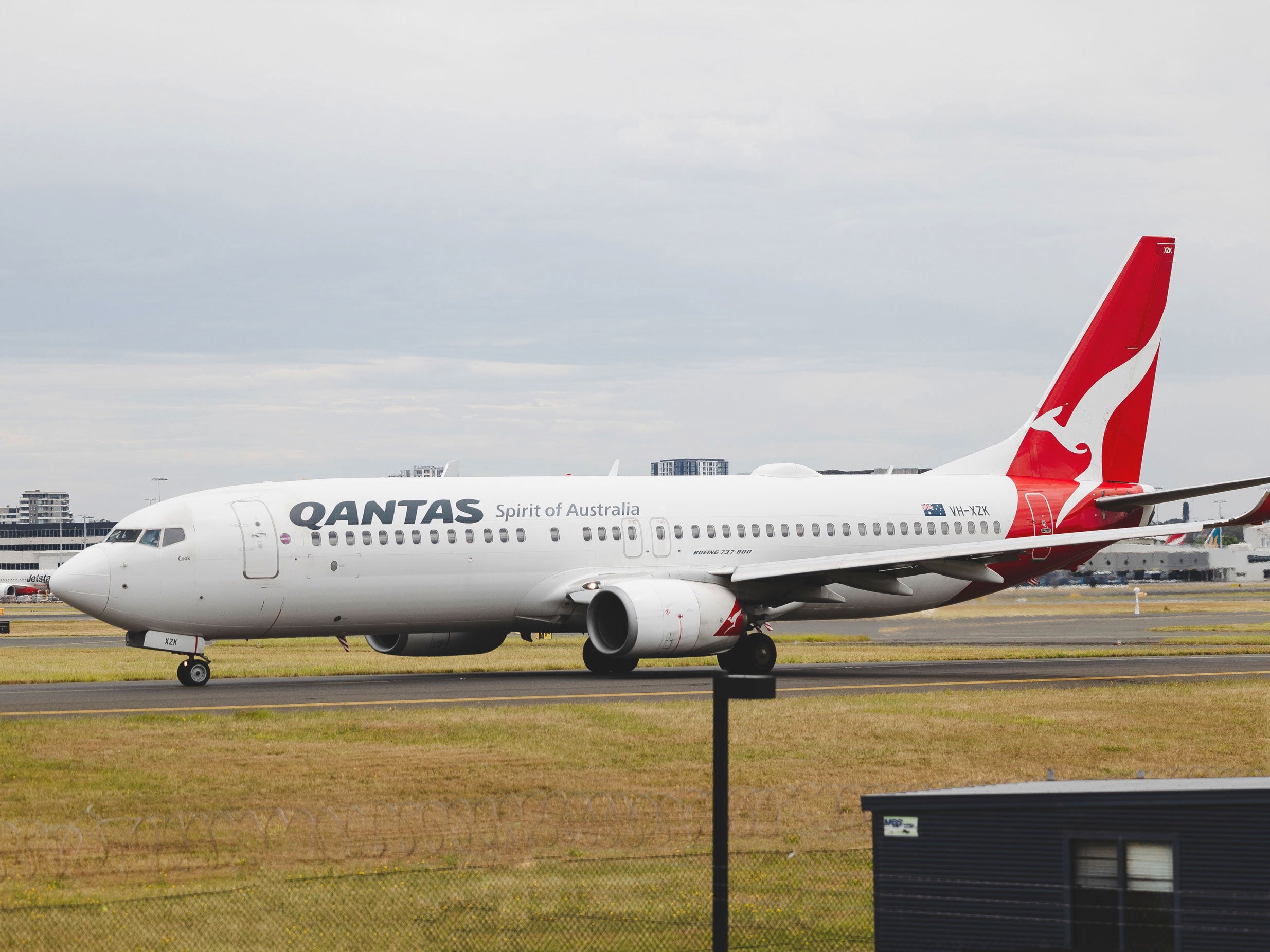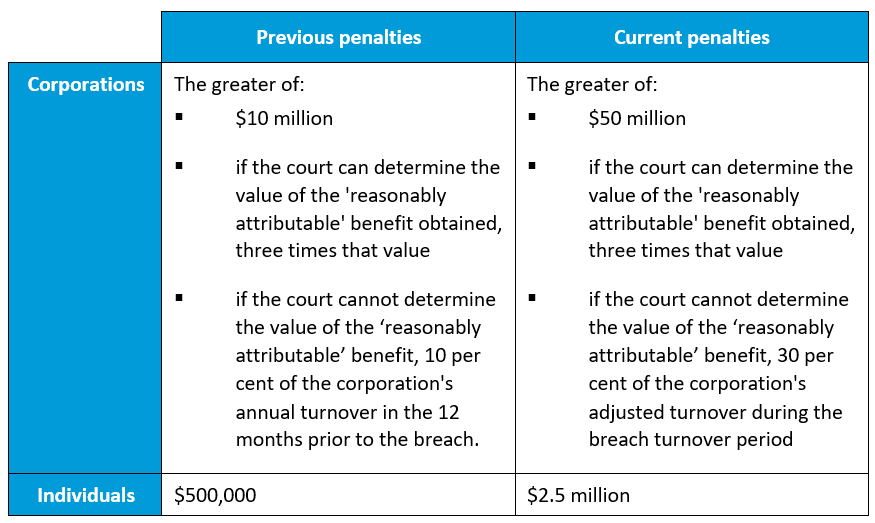06 September 2023
6 min read
Published by:

The Australian Competition and Consumer Commission (ACCC) has recently instituted proceedings in the Federal Court against Qantas Airways Limited (Qantas), alleging it breached the Australian Consumer Law (ACL) by advertising and selling tickets for more than 8,000 flights that had already been cancelled. It is understood that the ACCC will seek a record penalty of more than $250 million against Qantas to deter future conduct of this nature.
The ACCC alleges that after cancelling over 8,000 flights originally scheduled to depart from May to July 2022, Qantas continued to sell tickets on its website for an average of over two weeks and, in some cases, for up to 47 days.
The ACCC also claims that Qantas failed to notify individuals who held tickets for more than 10,000 flights scheduled for departure between May and July 2022 about the cancellations of their flights by not updating its “Manage Booking” web page. This lack of notification lasted an average of 18 days, and in some cases, for up to 48 days.
According to the regulator, in around 70 per cent of these cases, Qantas either sold tickets or delayed notifying existing ticket holders about cancellations for two or more days.
Relying on the consumer law protections in the ACL, being Schedule 2 of the Competition and Consumer Act 2010 (Cth), the ACCC alleges Qantas:
According to the ACCC, Qantas offers domestic and international flights through direct (website, app) and indirect (travel agents, online booking sites) channels. Qantas sells flights to the public using specific flight numbers, each with its scheduled date and time, and prices can vary accordingly on the same route.
After booking, customers can check flight details, like the scheduled date and time, on the Qantas website or app's "Manage Booking" page. It is through these channels that the ACCC alleges that Qantas made four false and misleading representations:
The ACCC further alleges that Qantas sold and accepted payment from consumers for tickets on some of the cancelled flights, despite having already cancelled the flights at the time of taking payment.
While airlines may cancel flights in the short term due to unforeseeable circumstances, such as bad weather, aircraft defects and delays from previous flights, the ACCC allege that Qantas made many of the cancellations in question for reasons that were within its control, such as network optimisation, route withdrawals or retention of take-off and landing slots at certain airports, and may have led consumers to make decisions based on false or misleading information, resulting in potential financial losses, rushed alternative travel arrangements, and higher costs.
As a result, the ACCC is seeking orders including penalties, injunctions, declarations, and costs. What is clear is that the ACCC is looking for a penalty that will deter similar conduct in future. The $250 million penalty proposed by ACCC Chair Gina Cass-Gottlieb represents double the current record $125 million penalty imposed on Volkswagen in 2019.
Under direction from the Australian Government, the ACCC has been monitoring and reporting on the domestic airline industry in relation to the COVID-19 pandemic and subsequent recovery for the past three years.
Throughout this time, the ACCC has received more complaints about Qantas than any other business. Last year, the ACCC received over 1,300 complaints about Qantas cancellations, comprising half of all Qantas-related complaints reported to the ACCC.
While this direction has expired, ACCC appears to have its eyes on the skies when it comes to airlines and, where necessary, will use its broad enforcement powers to take action to enforce consumer protection laws.
The ACCC’s action against Qantas is not the first time the flying kangaroo has shown up on the legal radar with a class action currently on foot against Qantas in relation to COVID-19 flight credits. The action alleges that Qantas offered travel credits instead of cash refunds for cancelled flights, which were less valuable and came with restrictions.
With the regulator announcing that it will prioritise consumer and fair trading issues relating to manipulative or deceptive advertising and marketing practices in the digital economy as part of its 2023-24 Compliance and Enforcement Policy and Priorities, all individuals and companies are encouraged to revise their obligations and review any digital advertising and sales platforms.
As noted above, the ACCC is seeking significant monetary penalties in respect of the alleged contraventions by Qantas. These contraventions are, however, subject to the previous penalty regime for ACL contraventions. The penalties being sought by the ACCC in this case signal its intention to continue seeking high penalties to deter conduct that it considers contravenes the requirements of the ACL. Individuals and businesses should be aware of this and the increased penalties that the ACCC can impose for contraventions that have occurred since 9 November 2022:

It is therefore a timely reminder for all individuals and businesses to substantiate representations they make about the quality, performance characteristics, uses or benefits of goods and services. It is also a timely reminder to businesses that, given the penalties that the ACCC is looking to impose, ACL compliance should remain a top priority going forward.
Our team can assist you in understanding your consumer law risks, developing mitigating policies and processes, and delivering compliance training.
We can also assist you in dealing with any ACCC investigations and enforcement actions. If you have any questions, please contact a member of our team below.
Disclaimer
The information in this article is of a general nature and is not intended to address the circumstances of any particular individual or entity. Although we endeavour to provide accurate and timely information, we do not guarantee that the information in this article is accurate at the date it is received or that it will continue to be accurate in the future.
Published by: